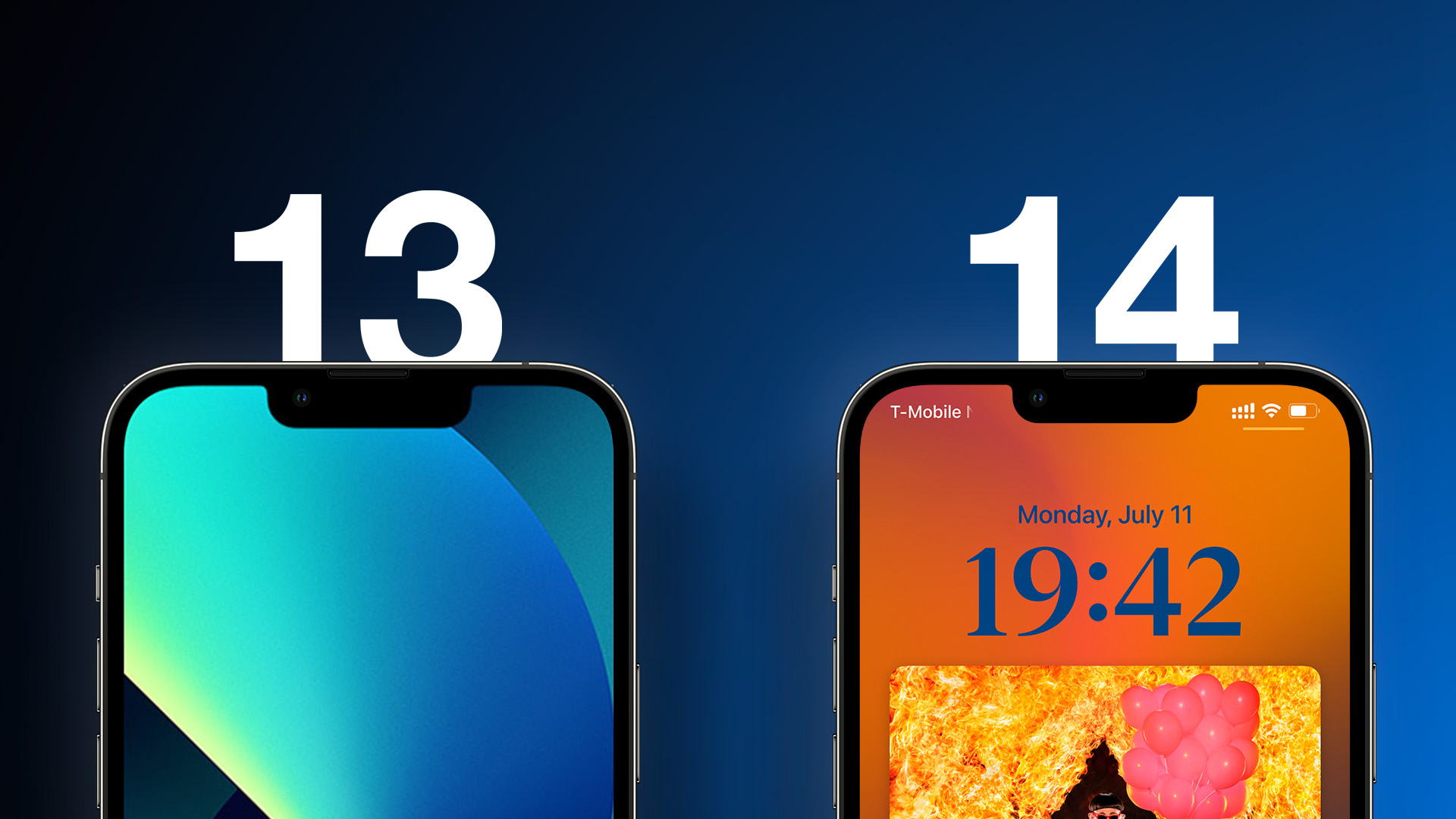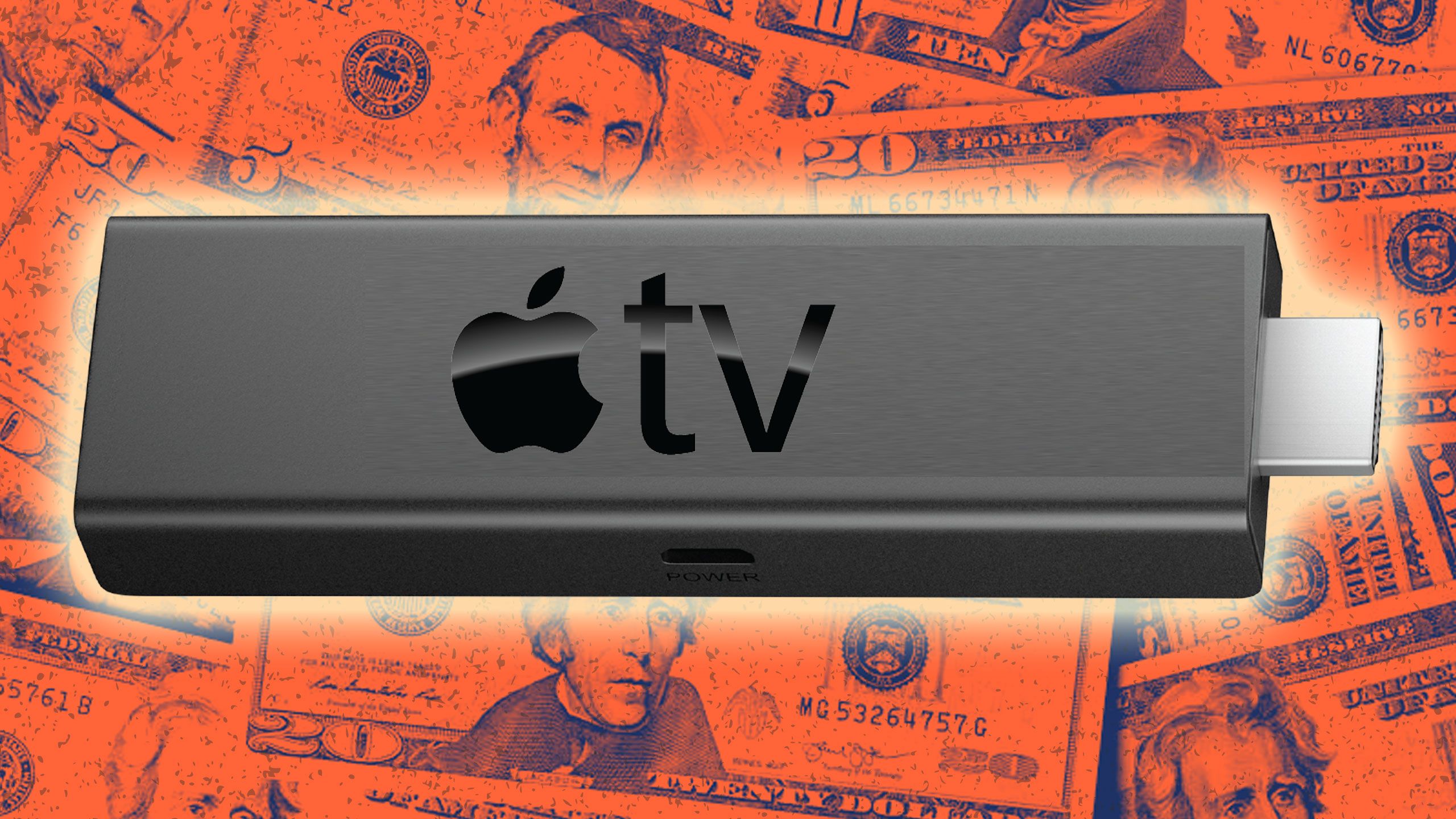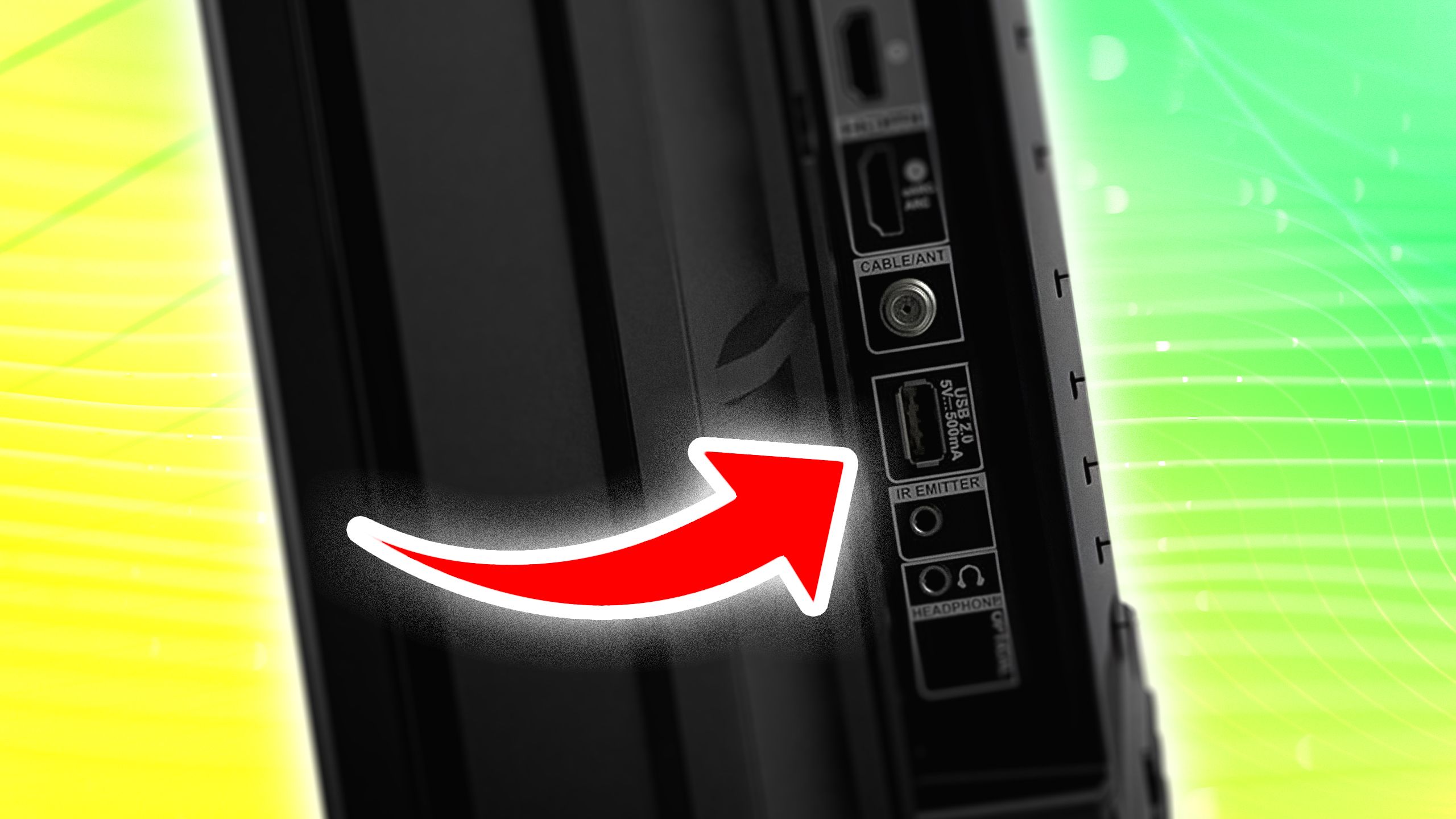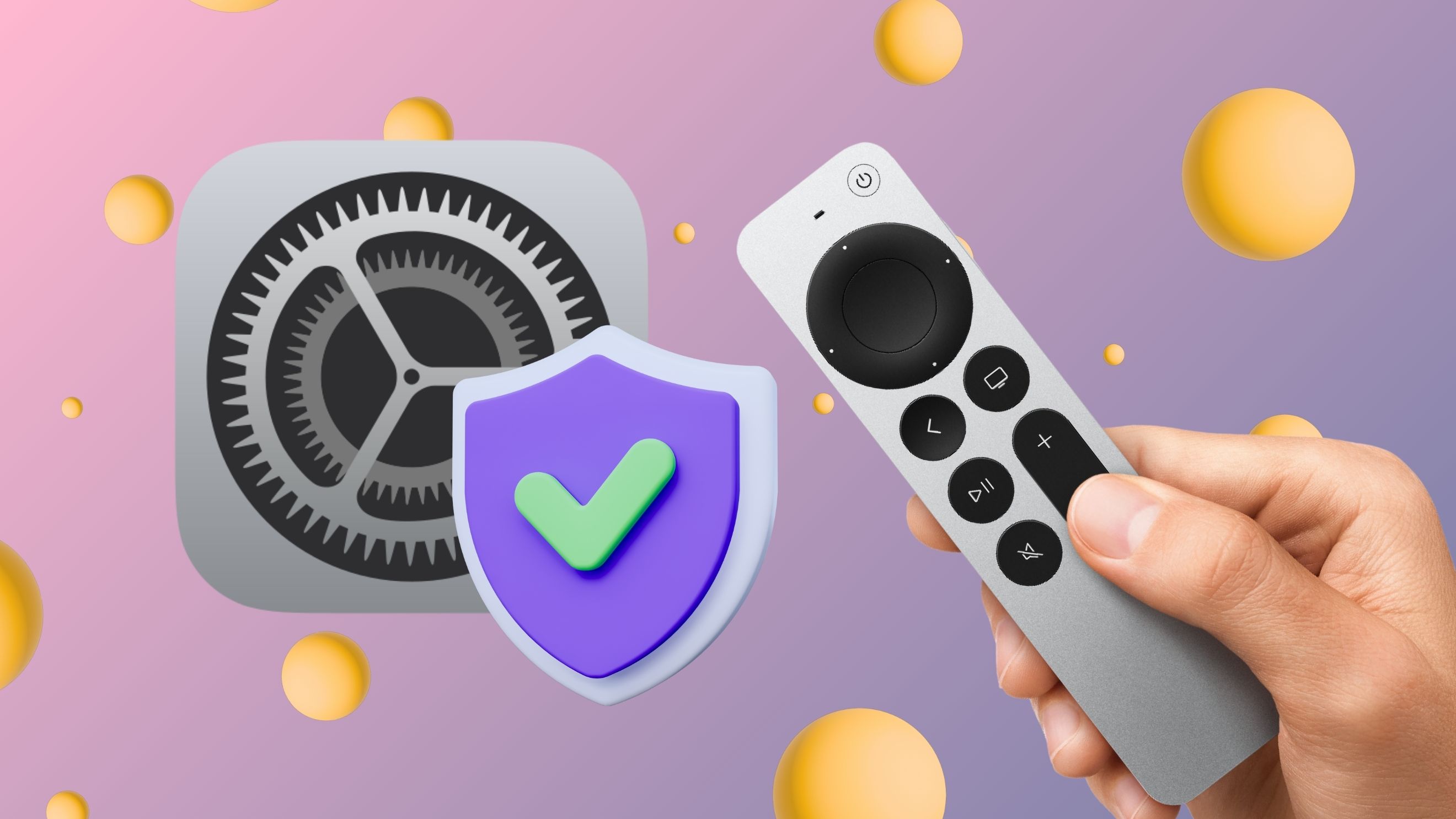iPhone 13 vs. iPhone 14 Buyer’s Guide: Should You Upgrade?

The iPhone 14 is among Apple’s latest iPhones and follows last year’s iPhone 13, but how different are the two successive iPhone generations?
In 2021, Apple unveiled the iPhone 13 as the successor to the popular iPhone 12, with improved rear cameras, longer battery life, the A15 Bionic chip, and more. As devices that are more affordable than the “Pro” models, but more full-featured than the low-cost iPhone SE, the iPhone 14 will likely be the most popular option among customers, starting at a price of $799 for the 128GB model. The iPhone 13 mini and iPhone 13 continue to be available from Apple for $599 and $699, respectively.
As the iPhone 13 and iPhone 14 share the overwhelming majority of their features and have the same design, should you consider sticking with the iPhone 13 to save money? Our guide helps to answer the question of how to decide which of these two iPhone models is best for you, and serves as a way to clearly see the differences that the iPhone 14 brings to the table.
Comparing the iPhone 13 and iPhone 14
The iPhone 13 and iPhone 14 both feature the same display size, 5G connectivity, A15 Bionic chip, and design. Nevertheless, the iPhone 14 still offers a number of upgrades, such as an additional GPU core, Emergency SOS via satellite, the Photonic Engine, and Action Mode.
Differences
iPhone 13
4-core GPU (A15 Bionic)
Dual-camera system
12-megapixel Main camera with ƒ/1.6 aperture
12-megapixel front-facing camera with ƒ/2.2 aperture
Cinematic mode for recording videos with shallow depth of field (1080p at 30 fps)
Up to 19 hours battery life during video playback
Thickness of 7.65mm
Weighs 174 grams
eSIM optional
Emergency SOS
Available in Green, Pink, Blue, Midnight, Starlight, and PRODUCT(RED)
iPhone 14
5-core GPU (A15 Bionic)
“Advanced” dual-camera system
12-megapixel Main camera with ƒ/1.5 aperture and larger sensor
12-megapixel front-facing camera with ƒ/1.9 aperture and autofocus
Photonic Engine
Cinematic mode for recording videos with shallow depth of field (4K HDR up to 30 fps)
Action mode
Up to 20 hours battery life during video playback
Thickness of 7.80mm
Weighs 172 grams
eSIM only (in the U.S.)
Emergency SOS via satellite
Crash Detection
Available in Blue, Purple, Midnight, Starlight, and PRODUCT(RED)
Final Thoughts
The iPhone 14’s upgrades over the iPhone 13 are mostly iterative, offering small refinements in terms of photography and videography capabilities, battery life, and GPU performance. Crash Detection and Emergency SOS via satellite, two features that also come to the iPhone 14 Pro and iPhone 14 Pro Max, are more significant upgrades for the safety-conscious, as well as the enhanced camera hardware. That being said, the iPhone 14 is probably best suited to those coming from an older device.
At face value, there is likely not enough to justify getting the new model over the iPhone 13 for most customers. Matters may be different if you want a larger display size, however, as there is no equivalent to the iPhone 14 Plus in the iPhone 13 lineup.
The iPhone 13 is still highly capable for everyday use, and iPhone 14 shares the vast majority of the iPhone 13’s most versatile features, such as the A15 Bionic chip, OLED Super Retina XDR display, Ceramic Shield, Night mode, MagSafe, and IP68 water resistance, so it may be better to wait for a more substantial upgrade.
This article, “iPhone 13 vs. iPhone 14 Buyer’s Guide: Should You Upgrade?” first appeared on MacRumors.com
Discuss this article in our forums




